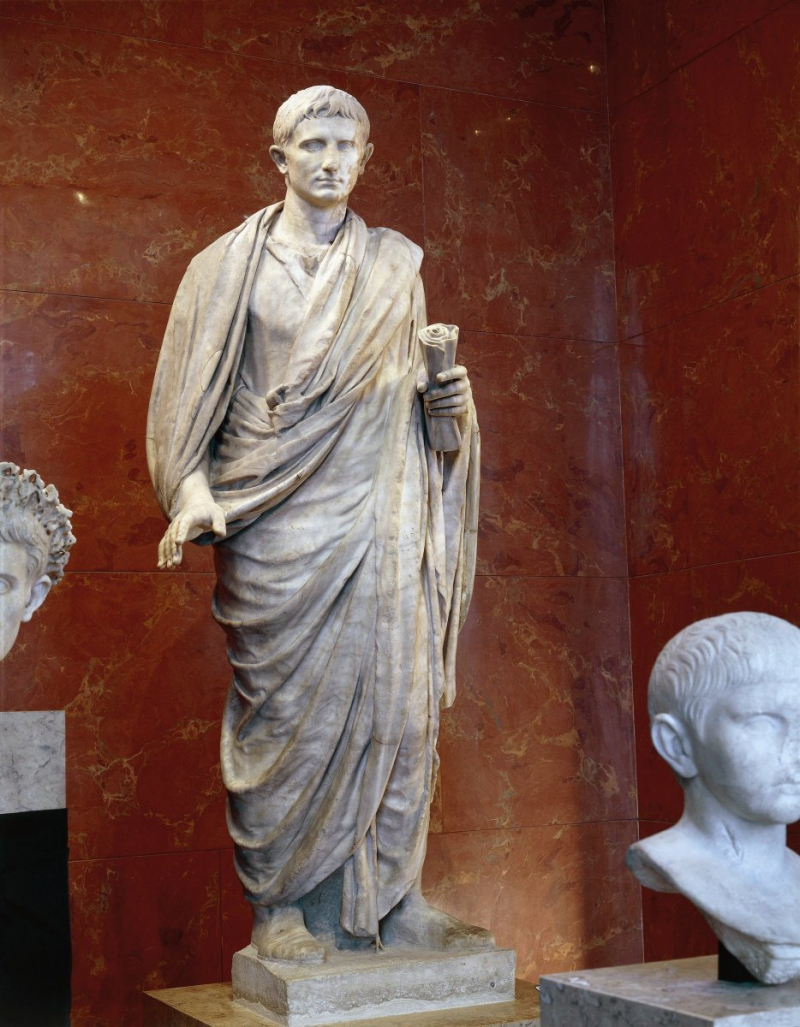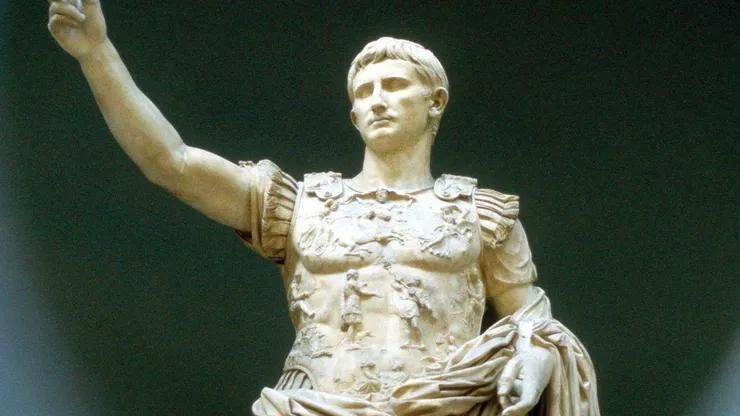Augustus was not his birth name
The first of these facts about the first Roman Emperor is Augustus was not his birth name. Gaius Octavius was his birth name, but after being adopted by his great-uncle, he changed his name to Gaius Julius Caesar Octavianus or Octavian. The Senate gave him the name Augustus, which means "Revered One," seventeen years later. Throughout his life, he also acquired several titles, including pontifex Maximus (top priest), princeps (first citizen), imperator (commander in chief), and divi filius (son of a god), the latter of which he assumed following the Senate's deification of Caesar. Augustus was notable for never referring to himself in monarchical or dictatorial terms, and he lived in modest lodgings. Historians refer to him as Rome's first emperor because he accumulated absolute power.
Augustus was known by numerous names throughout his life as a result of Roman customs, society, and personal preferences:
- Octavius Gaius Octavius added the surname Thurinus to his birth name as a newborn, according to Suetonius. Later, after assuming the name Caesar, his rival Mark Antony mocked him by referring to him as "Thurinus." He simply stated that he was astonished that "using his former name was deemed to be an insult" response.
- Gaius Julius Caesar Octavianus: He adopted his adoptive father's name, Julius Caesar, but was more often known as "Octavianus," the adjectival version of "Octavius." For the period between 44 and 27 BC, he is mostly known as the anglicization "Octavian."
- Caesar, Imperator: Octavian abandoned all of his names except "Caesar" from 38 BC onwards, and began using the victorious title imperator ("commander") instead of the conventional Roman forename.
- Imperator Caesar Augustus: Following his defeat of Mark Antony and Cleopatra in 31 BC, the Roman Senate awarded him the additional name "Augustus" on 16 January 27 BC, partly at his request. From 27 BC till his death in AD 14, historians refer to him by this name.
Octavian instituted the principate, a type of monarchy headed by an emperor who holds power for life, rather than following Caesar's example and becoming a dictator. His powers were concealed by constitutional procedures, and he adopted the name Augustus, which means "lofty" or "serene." Despite this, he remained in complete control of the Roman state, with the army under his direct command.












